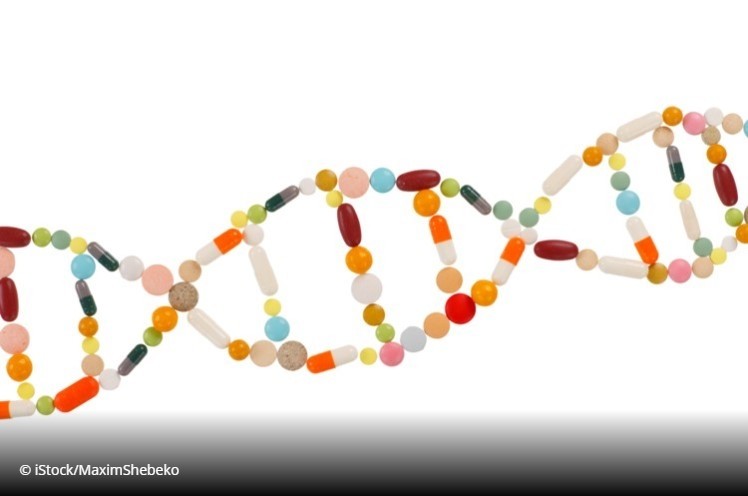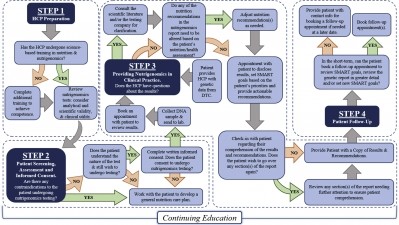ASA rules DNAfit ‘nutrigenetics’ ad unfit for publication

The firm’s objections fell on deaf ears as the Advertising Standards Authority (ASA) instructed the paid-for ad on Instagram, seen on 29 September 2019, not to appear in its current form despite only receiving one objection.
“We told DNAfit Life Sciences Ltd that their future marketing communications must not state or imply they could provide consumers with effective personalised exercise and nutrition information or advice based on sequencing of their DNA that would result in improved health and fitness outcomes unless they held documentary evidence to that effect.”
The ad in question featured an animated double helix and captions that stated “We’re DNA. We know all about your body. Fast twitch muscle fibres give you power. Slow give you endurance. And that’s not all we can tell you. Order your kit now at DNAfit.com".
Accompanying the animation was a caption that stated, “Unlock the secret to your ideal diet, vitamin need and exercise response."
DNA testing
The issue in question referred to whether the DNA testing could be used to determine an individual’s diet, vitamin and exercise needs and whether the claim "Unlock the secret to your ideal diet, vitamin need and exercise response," was misleading and could be substantiated.
DNAfit, based in Orpington in Kent attempted to substantiate the claim by providing 31 peer-reviewed papers asserting that information relating to the genetic variation effect on dietary response could lead to improved outcomes and better adherence compared to standard dietary and fitness regimes.
In response to the published evidence, ASA acknowledged that DNAfit provided four relevant studies and a systematic review pointing to the effectiveness of implementing genetic information in diet programmes, termed ‘nutrigenetics’.
Alongside this, DNAfit also provided a paper of guidelines that could be used to evaluate scientific validity and evidence for nutrigenetic dietary advice.
Two studies highlighted by the authority were according to DNAfit proof of the effectiveness genetic information could have in devising exercise programmes, termed ‘lifestyle genomics’.
The study found that the matched group significantly improved on explosive power and aerobic fitness, compared to the mismatched group among the footballers.
ASA conceded that the study showed some positive results but was small in scale (28 and 29 athletes across two study groups) and did not account for factors such as additional training participants may have been doing at the time of the study.
“We also considered that without further robust results, a study of that size was unlikely to be sufficient to substantiate the claims in isolation,” ASA added.
Second study issues
The second study divided a group of 42 football players into three groups – high, medium and low expected improvements in adaptation to aerobic exercise – based on genetic modelling.
The study found a significant difference in post-training performance between the ‘high’ and ‘low’ groups.
ASA pointed out the study required female participants for further research before any firm conclusions could be drawn.
Along with the small sample size, ASA also noted the study had been carried out by, among others, employees of DNAfit.
“We also noted the lack of a control group in the study and considered the researchers could have put the control group on a programme based on standard training, which would have mitigated the “ethical” concerns surrounding asking players to refrain from training completely.”
In summing up the reasons behind their decision ASA added, “We welcomed DNAfit’s assurance that the ad was no longer appearing.
“However, overall, we considered that the body of evidence provided by DNAfit was not sufficient to substantiate the claim “Unlock the secret to your ideal diet, vitamin need and exercise response” as consumers were likely to understand it in the context of the ad. We concluded that the ad was misleading.”















